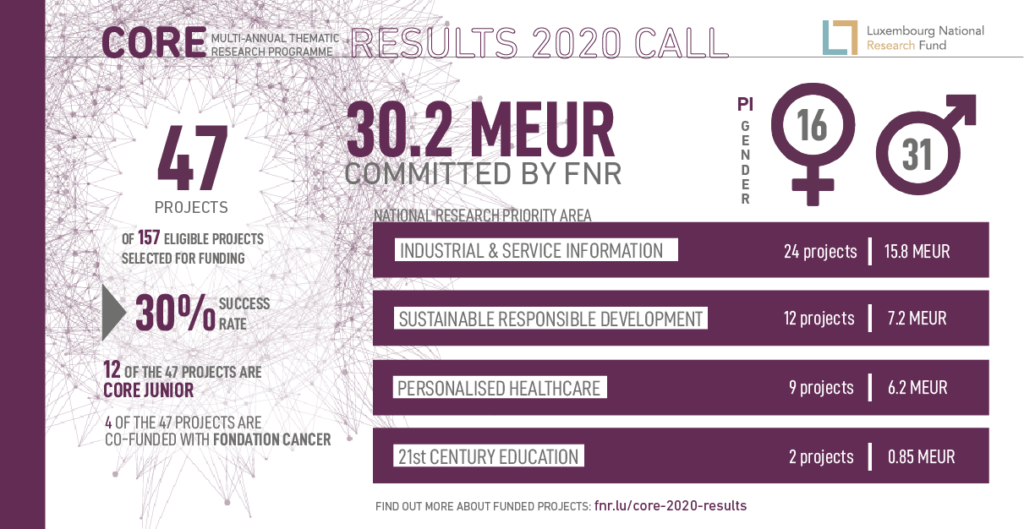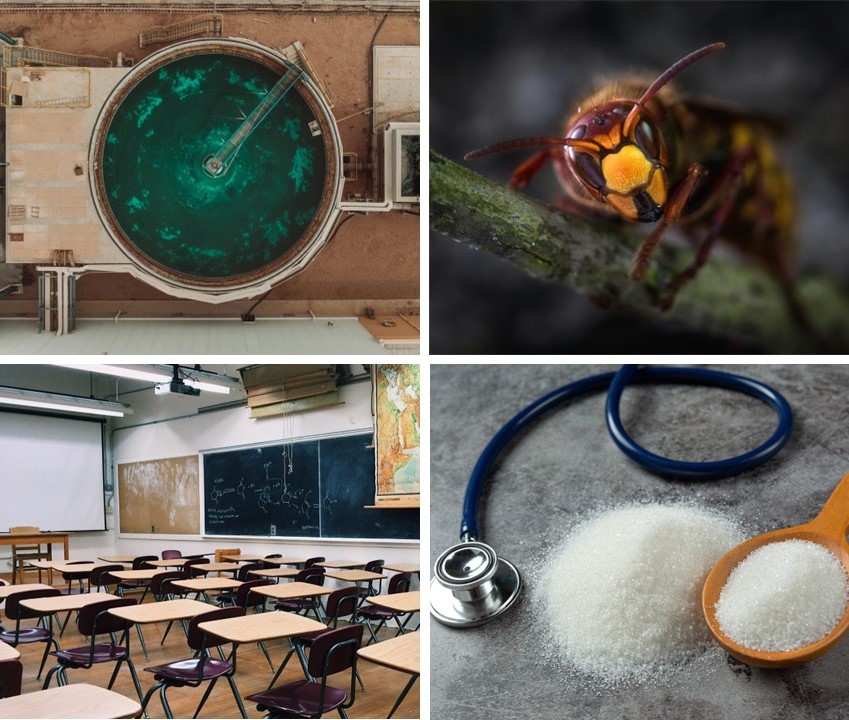How habitat fragmentation affects dispersal of insect pollinators?
20 May 2021
Pollinators provide a key ecosystem service and their importance for food security is critical. Alarmingly though, wild pollinators are declining at local, regional, and global scales, primarily as a consequence of human activities. Using landscape genetic techniques to understand the impact of habitat fragmentation on the dispersal of insect pollinators, Dr Alain Camille Frantz is one of the 47 research project owners retained for funding by FNR’s 2020 CORE Call.
Analysing functional connectivity of Luxembourg landscapes from the viewpoint of hoverflies
While land-use change is often seen as a main driver of the problem, there is a considerable lack of knowledge on the responses of invertebrate pollinators to the resulting habitat loss and homogenisation. For instance, while hoverflies are the most important pollinators besides bees, little is known about their dispersal in general and the effects of landscape fragmentation on their dispersal in particular.
The overall objective of the study conducted by Dr Alain Camille Frantz is to use microsatellite genotyping and landscape genetics to analyse the functional connectivity of typical Luxembourg and Western European landscapes from the viewpoint of hoverflies.
The study aims to understand whether urbanisation and the structural diversity of agro-ecosystems have an impact on hoverfly dispersal and which landscape features facilitate or hinder gene flow. The approach will focus on four target species in three urbanised areas and two pairs of rural areas with different degrees of habitat diversity.
In addition, the study will test whether hoverfly size and habitat specialisation may influence the impact of habitat fragmentation on the flies.
Finally, the research project will test the validity of extrapolating connectivity models to larger or different study regions.
The proposed project has the potential to make an important contribution in the design of effective habitat management practices for hoverflies, if not insect pollinators in general. Indeed, it proposes to empirically test dispersal capabilities in different landscapes, taking different biological and ecological characteristics into account.
FNR’s CORE programme
CORE is the central programme of the FNR. A multi-annual thematic research programme, the prime objective of CORE is to strengthen the scientific quality of Luxembourg’s public research in the country’s research priorities.
To identify the most promising and most excellent projects, the FNR submits project proposals to an assessment by independent international experts. Out of 157 proposals in the 2020 CORE Call, a total of 47 research projects have been retained for funding, representing a financial commitment of 30,2 MEUR.

Find out more about CORE








